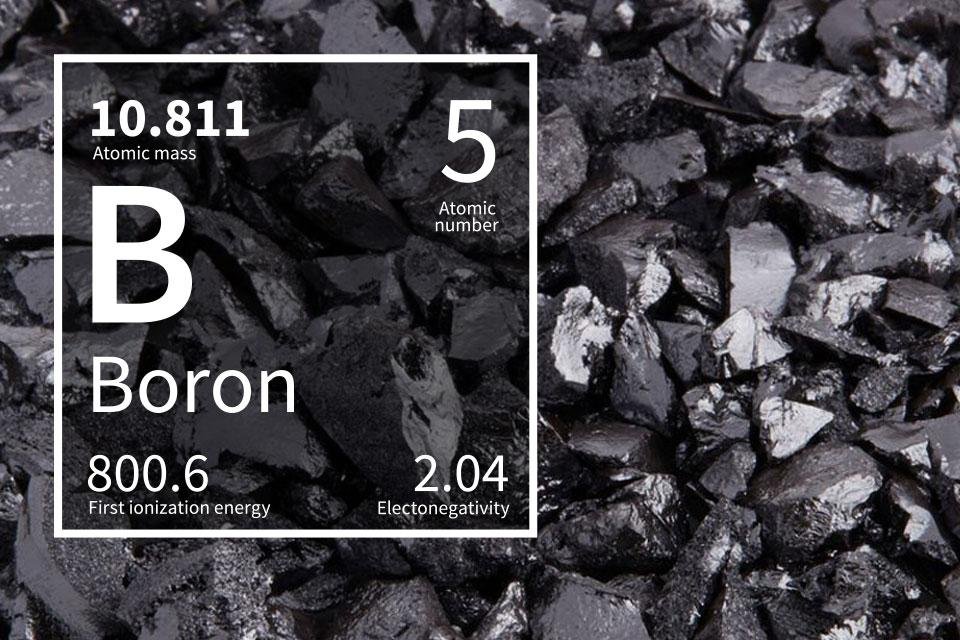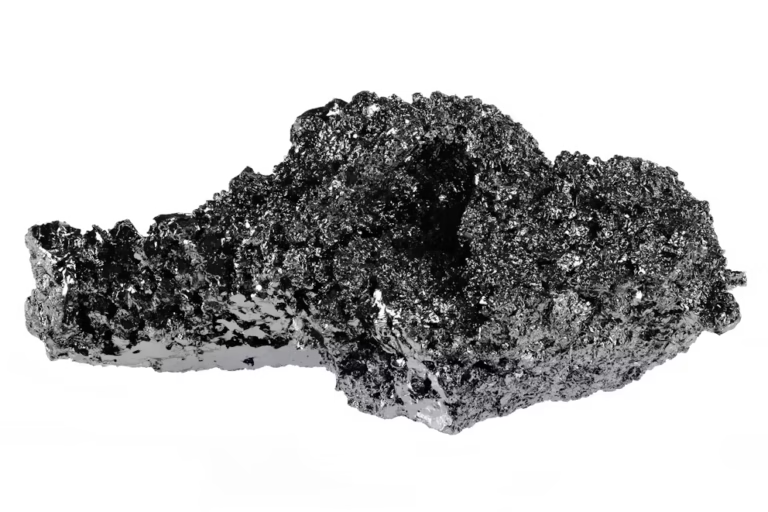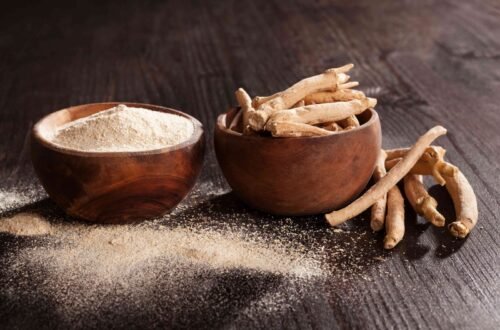What is Boron?

Boron is a naturally occurring trace mineral found in soil, water, and various foods. While it doesn’t get as much attention as major minerals like calcium or magnesium, boron plays a crucial role in maintaining overall health. Needed in only small amounts, this essential mineral supports several vital functions, including bone health, cognitive function, hormonal balance, and metabolism. Despite its understated presence, boron has been studied for its significant benefits, making it an important nutrient to consider. In this post, we will explore what boron is, its key benefits, natural sources, and the best ways to include it in your diet.
The Origins of Boron
Boron is found in nature primarily in minerals such as borates (boron-rich minerals like borax), and it is also present in the Earth’s soil, water, and certain foods. This mineral is absorbed by plants from the soil, making fruits, vegetables, and legumes the primary dietary sources for humans. Boron is naturally occurring in trace amounts, meaning the body doesn’t require large quantities to experience its health benefits.
What Does Boron Do in the Body?
Boron plays several key roles in the body, supporting various biological functions. Here are some of its most important benefits:
- Bone Health: One of boron’s most notable roles is in bone health. It helps with the absorption and metabolism of key minerals like calcium, magnesium, and phosphorus, which are essential for maintaining strong bones. Research suggests that boron may even help prevent conditions like osteoarthritis and osteoporosis by enhancing bone mineral density.
- Metabolic Support: Boron plays a role in the metabolism of nutrients, including carbohydrates, lipids, and proteins. It helps regulate blood sugar levels and supports overall metabolic function. This can contribute to improved energy levels and better management of weight.
- Hormonal Balance: Boron has been shown to influence hormone levels, particularly estrogen and testosterone. It may help boost testosterone in men and regulate estrogen in women, supporting better hormonal balance. This can improve symptoms related to menopause or low testosterone.
- Cognitive Function: Studies suggest that boron may support brain function, including cognitive performance and memory. It is thought to influence brain chemicals such as dopamine and serotonin, which can have an impact on mood and mental clarity.
- Antioxidant Properties: Boron also acts as an antioxidant, helping the body fight oxidative stress and reduce inflammation. This can contribute to overall health by protecting cells from damage caused by free radicals.
How to Consume Boron?
Boron is most easily consumed through foods, although supplements are also available for those who may not get enough through their diet. Here are some of the best natural sources of boron:
- Fruits: Fruits such as grapes, apples, pears, and avocados are excellent sources of boron. Grapes, in particular, are rich in boron and also provide a variety of other health benefits, including antioxidants and vitamins.
- Vegetables: Vegetables like broccoli, spinach, kale, and carrots contain boron, with leafy greens being especially beneficial. Including these in your diet can ensure you’re getting a variety of nutrients, including boron.
- Nuts and Seeds: Almonds, hazelnuts, and walnuts are good sources of boron, as well as healthy fats and protein. Snacking on these can help you increase your boron intake throughout the day.
- Legumes: Beans, lentils, and peas are rich in boron and also provide protein and fiber, making them an excellent addition to a balanced diet.
- Supplementation: While food sources are the best way to obtain boron, supplements can be an option for those who may need higher levels. Boron supplements can be found in multivitamins or standalone mineral supplements. However, it’s important to consult with a healthcare professional before starting any new supplementation regimen.
How Much Boron Do You Need?
The recommended daily intake of boron for adults is between 1 and 3 milligrams per day. While deficiency in boron is rare, it is important to ensure you’re consuming enough through food or supplements, especially if you’re at risk of osteoporosis or other conditions related to bone health.

Can You Get Too Much Boron?
While boron is beneficial, it’s important to consume it in moderation. The body can tolerate boron well, but excessive amounts may lead to toxicity, which can cause symptoms like nausea, vomiting, and other digestive issues. It’s best to aim for a balanced intake and follow recommended guidelines to avoid any adverse effects.
Final Thoughts
Boron is a vital mineral that offers numerous health benefits, from enhancing bone health and metabolism to supporting cognitive function and hormonal balance. Including boron-rich foods in your diet, such as fruits, vegetables, nuts, and legumes, is a simple and effective way to ensure you’re getting enough of this essential mineral. If needed, supplements can also help, but always consult a healthcare provider before adding any new supplement to your routine. With the right approach, boron can be a powerful ally in supporting overall health and well-being.



